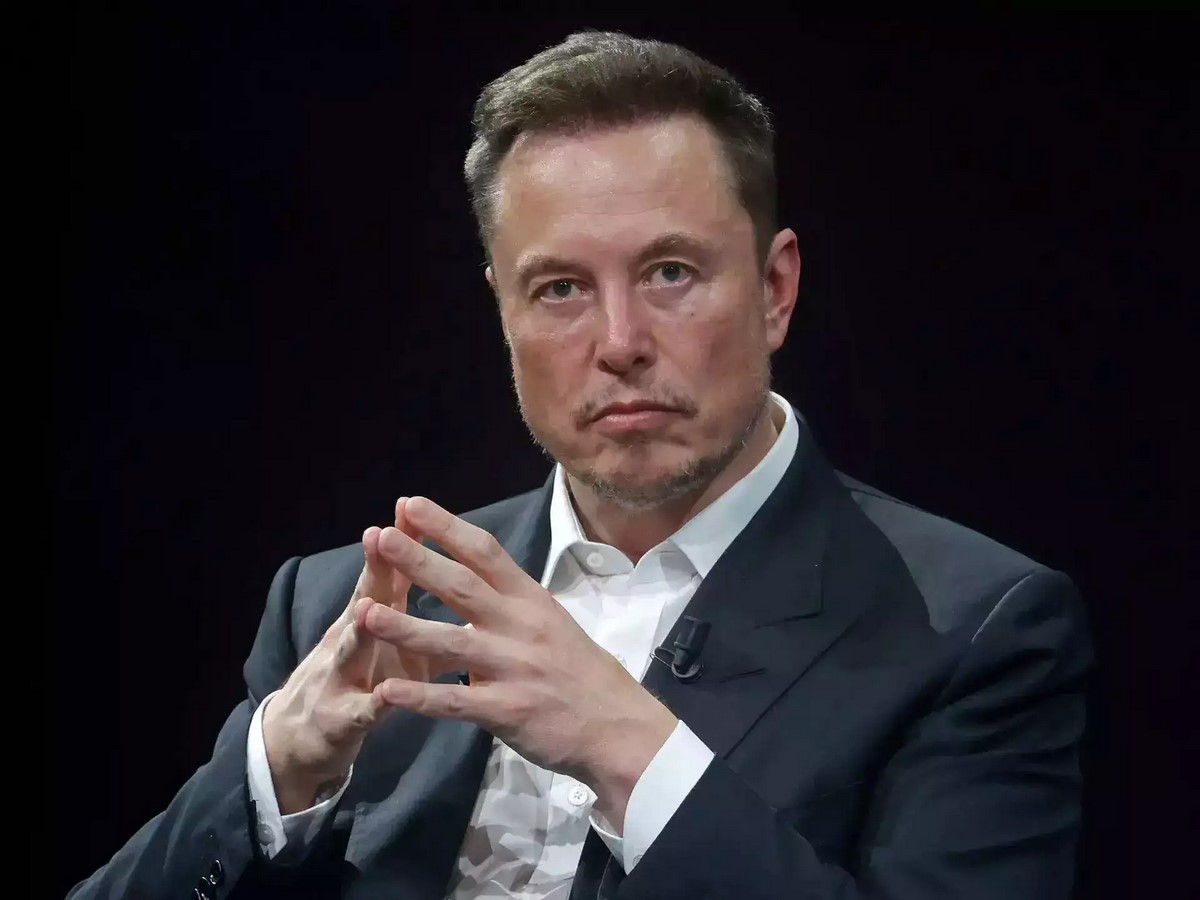Despite facing soaring inflation, rising interest rates, and economic uncertainties, American consumers have played a pivotal role in preventing a recession by maintaining robust spending habits. However, experts caution that the resilience of consumers may soon reach its limits, signaling potential economic challenges ahead.
Defying Economic Pressures
Consumer spending serves as a vital component of the US economy, contributing approximately 70% to the Gross Domestic Product (GDP). Despite facing significant financial strains due to escalating inflation rates, households have continued to spend, driving economic activity.
In response to inflationary pressures, the Federal Reserve has raised its benchmark interest rates from near-zero to over 5%, resulting in increased monthly payments on loans and debts for many individuals. Despite dire predictions from investors and economists, consumers have yet to curtail their spending habits.
Warning Signs
Several prominent figures, including Michael Burry and Elon Musk, have raised concerns about consumers’ increasing reliance on debt and diminishing savings. Burry, known for predicting the 2008 financial crisis, warned of a potential recession fueled by dwindling savings and mounting debt levels.
Similarly, economist Carl Weinberg highlighted the alarming rise in credit card payments, suggesting a looming retrenchment in consumer spending. Although consumer spending has supported corporate profits and economic growth, warning signs indicate a potential slowdown.

Consumer Debt and Spending Patterns
The personal saving rate has dwindled to 3.7%, nearing its lowest level since the financial crisis, while consumer debt levels have surged to record highs. Despite efforts to stimulate spending, such as interest rate hikes, consumer spending may be reaching its peak.
David Rosenberg and Gary Shilling have both expressed concerns about consumers’ reliance on debt and the potential consequences for economic growth. Rosenberg noted a slowdown in retail sales, signaling a possible consumer recession, while Shilling warned of muted economic growth in the absence of sustained consumer spending.
Uncertain Outlook
The outlook for consumer spending remains uncertain, with conflicting indicators and potential economic repercussions. While the federal government has revised estimates to delay the projected depletion of consumer savings, the future trajectory of consumer spending hinges on various factors, including inflation rates and interest rate movements.
Conclusion
As consumers navigate ongoing economic challenges, their spending habits will continue to shape the trajectory of the economy. While consumer spending has thus far averted a recession, mounting debt levels and declining savings raise concerns about the sustainability of current consumption patterns. Whether consumers maintain their spending momentum or reach a tipping point remains to be seen, but their actions will undoubtedly influence the broader economic landscape.




Leave a Reply